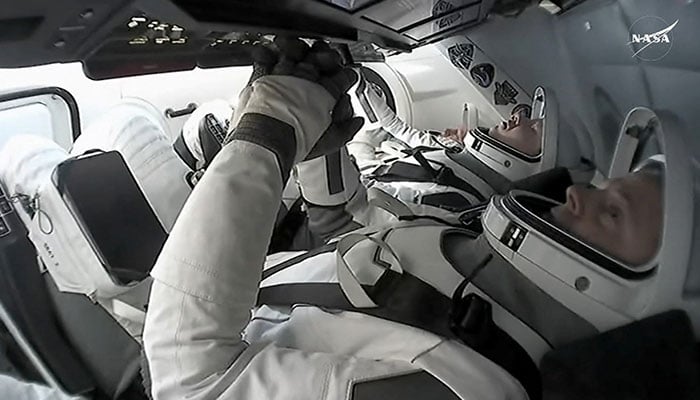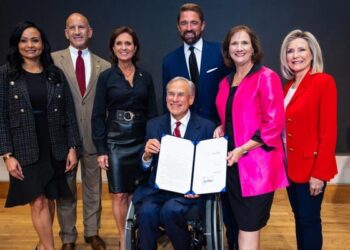Select Language:
NASA Astronauts Make Safe Return After Extended Space Mission
Location: WASHINGTON, D.C.
On March 18, 2025, two NASA astronauts successfully returned to Earth following an unplanned nine-month stay in space. They landed safely off Florida’s coast aboard a SpaceX Crew Dragon capsule.Originally intended to be a short mission, their journey extended due to unforeseen technical disruptions.
Carrying Butch Wilmore, Suni Williams, American Nick Hague, and Russian cosmonaut Aleksandr Gorbunov, the Crew Dragon capsule re-entered the atmosphere at a high speed before deploying parachutes, resulting in a smooth splashdown at 5:57 PM (GMT).
As the capsule, dubbed "Freedom," bobbed on the ocean waves under sunny skies—having withstood temperatures soaring to 3,500 degrees Fahrenheit during re-entry—ground teams erupted in applause. Rapid response boats rushed to perform initial safety checks, followed shortly by a recovery team ready to transport the astronauts back to Houston for a 45-day rehabilitation program.
“What an incredible journey! I see a capsule full of friends here,” said Hague upon his return.
Mission Background
The crew departed the International Space Station (ISS) approximately 17 hours earlier after heartfelt farewells with the remaining crew. Wilmore and Williams, both former Navy pilots with previous space missions under their belts, were initially launched to the ISS in June of the previous year for a short round-trip intended to test Boeing’s Starliner during its inaugural crewed flight. Unfortunately, propulsion issues grounded their spacecraft, which was returned empty.
They were then reassigned to NASA’s SpaceX Crew-9 mission, which arrived at the ISS in September with a scaled-back crew of just two astronauts—Wilmore and Williams—after becoming colloquially known as the "stranded" astronauts. A relief team, dubbed Crew-10, docked with the ISS on Sunday, facilitating the departure of the Crew-9 members.
Unusual Circumstances
Wilmore and Williams’ 286-day mission surpassed the customary six-month ISS rotation but still ranks as the sixth longest for a single mission in U.S. history. The record for the longest single mission is held by Frank Rubio, with 371 days in 2023, while the global record is with Russian cosmonaut Valeri Polyakov, who spent 437 days aboard the Mir space station.
Health risks related to long-duration space flight are well-documented, according to Rihana Bokhari of the Center for Space Medicine at Baylor College of Medicine. Issues such as muscle and bone atrophy, fluid redistribution leading to kidney stones, and balance adjustments upon returning to Earth are all manageable. Bokhari noted that astronauts like Williams are especially dedicated to exercise, often exceeding recommended physical activity levels during their time in orbit.
Despite their robustness, the unexpected nature of their prolonged mission stirred public intrigue and empathy, with some experts comparing it to a gripping workplace nightmare. “Imagine finding out you had to stay at the office for nine months without notice. It’s a hard situation to grasp,” noted Joseph Keebler, a psychologist at Embry-Riddle Aeronautical University. “These astronauts have shown remarkable resilience."
Political Ramifications
The unexpected extension of their mission sparked political discourse, with former President Donald Trump and his advisor, SpaceX’s Elon Musk, suggesting President Joe Biden neglected the astronauts and dismissed a potential rescue operation. Such claims have drawn backlash within the space community, particularly since Musk offered no detailed evidence, and NASA’s plans for the crew’s return remained consistent throughout.
Trump also made headlines with peculiar comments about Williams, a former Navy captain and record-holder for the second-longest cumulative time spent in space. Referring to her as "the woman with the wild hair," he speculated about the personal dynamics among the astronauts, implying, “They’ve been left up there—I hope they like each other. Maybe they love each other; who knows?” during a press briefing held at the White House.
The incredible journey of Wilmore and Williams exemplifies both the challenges and triumphs of space exploration, underscoring human tenacity in the face of the unknown.






